Games Beyond Entertainment
Within this research theme, we situate all research on games and play where entertainment is not the main goal. Rather, games and play are studied in their capacity to persuade, steer, sell or in other ways influence the player through its design. This includes the many examples of serious games and gaming (educational, political, commercial) as well as the various forms and applications of gamification. We look both at the potential of, and provides critical reflection on these developments.
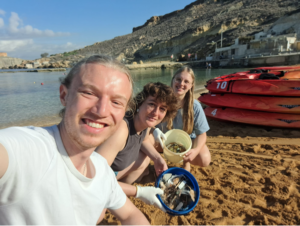
Shape2Gether: Experiencing the Malta summer school
Hello again! We are five student from Utrecht University who for the past few months have been participating in the Erasmus+ Project Shape2Gether, an initiative to teach students how to communicate complex information relating to climate change using new media technologies. This piece is a retrospective of the second ‘summer school’ on the islands of Malta.
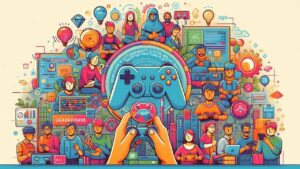
Game Research @Dutch DiGRA 2024 Symposium
On November 21, game scholars from all over The Netherlands and well beyond gathered at Erasmus University for the Dutch DiGRA 2024 Symposium. Many researchers from Utrecht presented their projects.
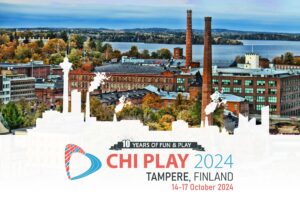
Game Research @CHI PLAY 2024!
The Annual Symposium on Computer-Human Interaction in Play (CHI PLAY) was recently held in Tampere, Finland. Our researchers were strongly involved in the organization (serving as papers chair, student volunteer chair, and workshop organizers) and presented a variety of contributions.
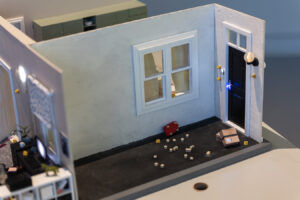
Meet the Makers: Roos Groothuizen
The Transmission in Motion research group is organizing another Meet the Maker event, this time focusing on media artist Roos Groothuizen who works primarily with playful media.
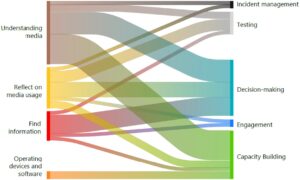
Article: Digital literacy games: a systematic literature review
Frontiers in Communication journal has published the open access article "Digital literacy games: a systematic literature review", authored by the team behind the Digital Literacy Games KIEM GO-CI grant project, a collaboration between Erasmus University and Utrecht University.
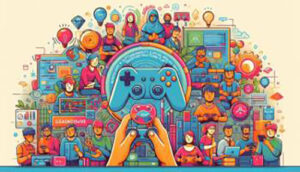
CFP: Dutch DiGRA 2024 Symposium
Our colleagues at Erasmus University are hosting a Symposium for the Dutch chapter of the Digital Games Research Association (DiGRA). The full CFP should prove interesting for all game researchers at UU.
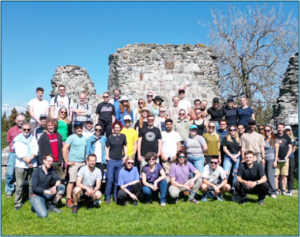
Shape2Gether: Experiencing the Trondheim Summer School
In May of 2024 five UU students went for a week to Trondheim, Norway, to participate in the first of three summer schools as part of the Erasmus+ project Shape2Gether. This is their report of the summer school.
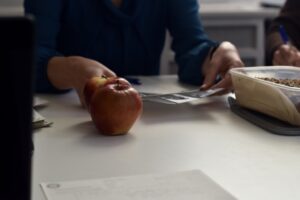
Fostering an Open Mind – First Test of WP2
On June 7th 2024, the Fostering an open mind and open attitude in higher education using games and art-based educational activities (Open Mind) project ran an initial play test of the first two components of Work Packet 2 (WP2), a toolbox to aid students in building games that deal with often complex and polarizing topics in an approachable manner.

Playing the Hidden Curriculum
Playing the Hidden Curriculum: Exposing, materializing and questioning the unwritten rules of higher education is a research project that aims to adress the unwritten social and cultural rules in education, so that the UU will foster its education in a more social and inclusive way.
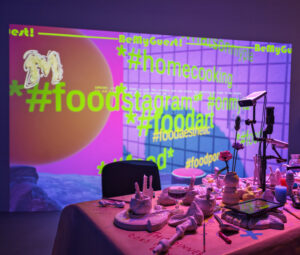
Meet the Makers: Daniela Tenenbaum and “In Touch”
Our colleagues from the Transmission in Motion hybrid research community are organizing another Meet the Makers session, this time focusing on the IMPACT exhibition In Touch. It’s an exhibition which should be interesting for those exploring the potential of playful media.
